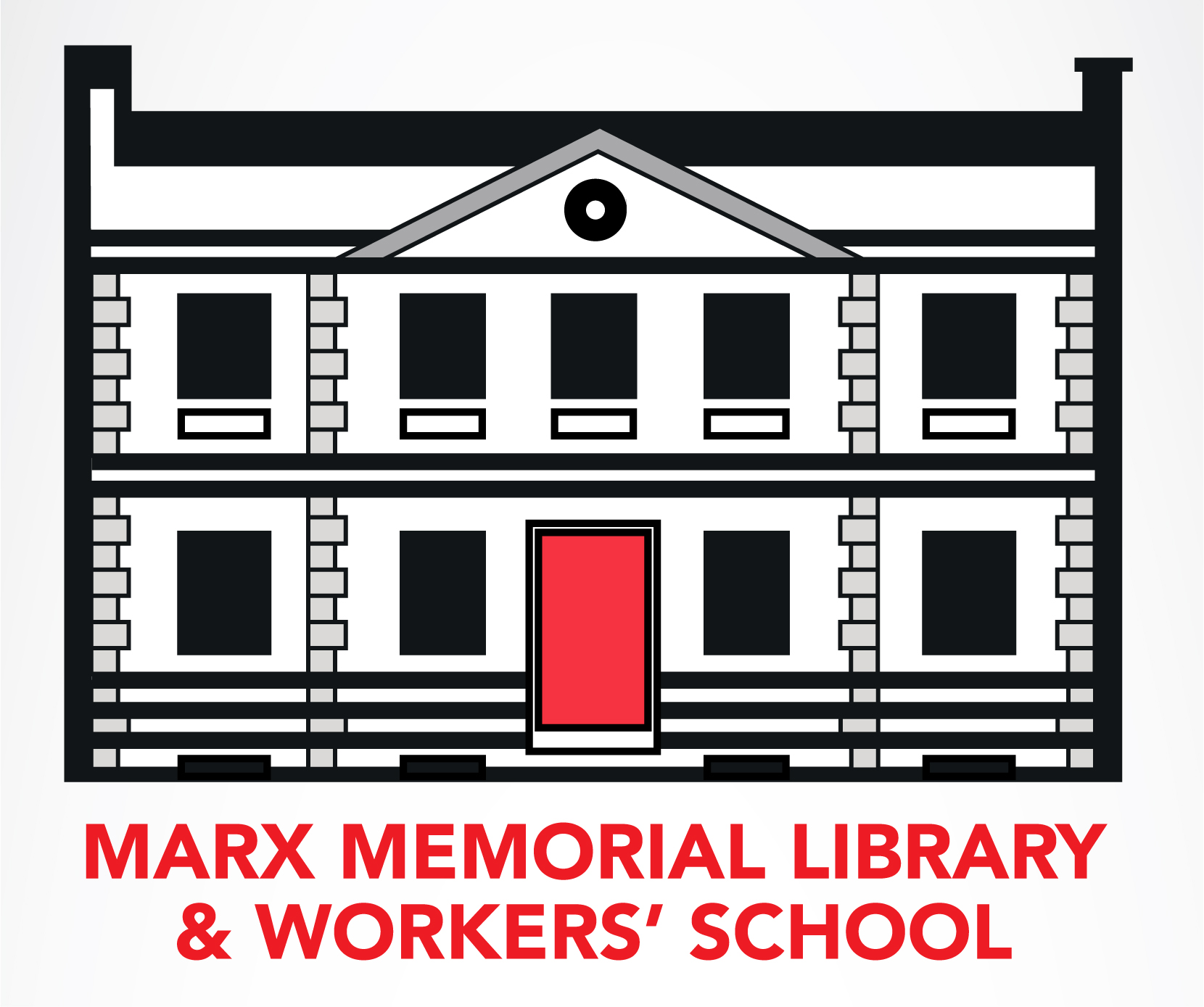You are here
Back to topThe collection of songs and music (archive and printed material) at the Marx Memorial Library spreads across the library’s main and special collections, with examples related to all subject areas. A full sweep of 200 years of history spanning the 1790s-1990s is uniquely described using songs as illustration and reportage of governmental, organisational and community pro-activism for both establishment and underground causes.The collection comprises individual songs, compilation songbooks, songsheets, sheet music, lyrics, libretti, piano scores, vocal scores and sets of instrumental parts.

Highlights
Early socialist groups for whom membership was key to growth, were amongst the first political groups to exploit the community-bonding aspect of music, its universality and appeal. As conduit of information or expression of solidarity among members, songs were a source of power.

Socialist message condensed into songs like "England Arise!" by Edward Carpenter and “The Red Flag” by James Connell and frequently published in early socialist party songbooks like “Chants of Labour”; “The I.L.P. songbook”; “The S.D.F. songbook” and William Morris's “Songs for Socialists” created anthems for the Labour movement. Nonconformist religions influenced socialism by sharing common social justice values and behaviours, leading to movements such as the Labour Church, the Socialist Sunday Schools and the Proletarian School which published songbooks and tune books.

On a larger scale, Communist rule in Soviet Russia, North Korea and China produced large amounts of government-approved music and song some of which appeared in translation for Western audiences. Communist supporters in Great Britain reproduced Soviet songs as part of a prolific output of music which contributed enormously to British musical life in general.

Songs arising from life situations, folk ('traditional') songs, working people's songs and community songs importantly document people’s domestic existence, relaying stories and eye-witness experience from pockets of human activity. Songs arising from historical campaigns such as World War, Irish home-rule or the Spanish Civil War offer personal perspective and alternative or unexpected narratives: Basque childrens’ songs, International Brigade songbook, original songs by International Brigade volunteer Bill Feeley.
The concept of “people’s song” is a feature of the collection, demonstrating both community cohesion and rebellion. Men and women agitate against unpopular issues or poor social and work conditions by writing political and protest songs, often expressing anger with ironic humour: CND songs; Leon Rosselson; Rego and Polikoff Strike songs; Pity the Downtrodden Landlord; People's Parodies; Music, musicals and songs abound in bodies of work produced by organised groups like Unity Theatre; Workers Music Association; Workers' Theatre Movement and the Woodcraft Folk, created to enrich workers’ lives and celebrate the creative energy and talent within communities.
Some tips on searching the collection
Search for works about music/ musicians: Type 'music' into the search box for biographies, articles, books, papers on musicology, music policy in educational and social spheres.
Search songs by topic, or subject area: Type one or two keywords related to your topic plus the word 'song': E.g. 'working class song'; 'International Brigade song'; 'miners’ song'.
Search songs by song title: A sample set of individual song titles are listed for each catalogue item.
Search songs for named men and women lyric/music writers, composers, arrangers, compilers, editors, translators, and writers of interesting forewords and introductions.
Search for song-types, musical elements and scoring using the following search terms: ‘Lyrics only’; ‘words and music’; ‘libretto’; ‘musical scores’; ‘chords’; ‘instrumental parts’; ‘piano accompaniment’; ‘tonic sol-fa’; ‘ballads’; ‘carols’; ‘hymns’; ‘rounds’.
